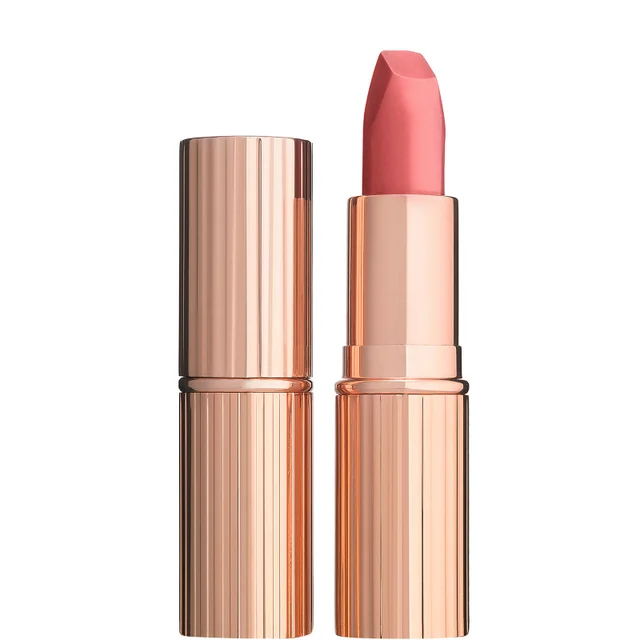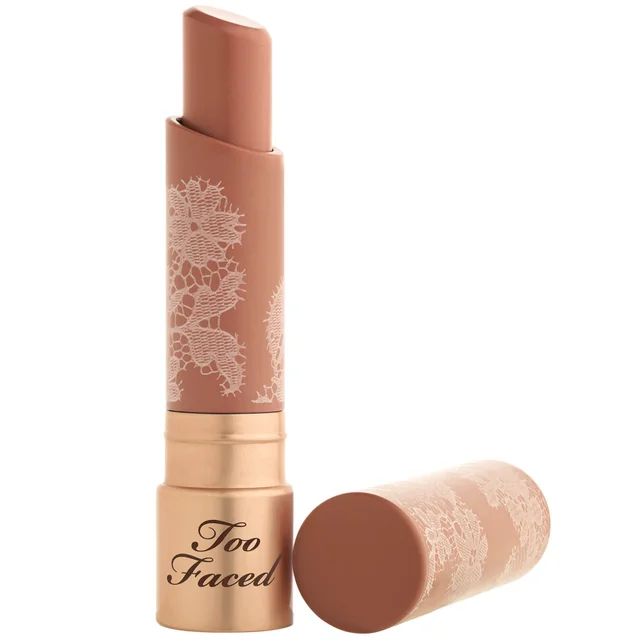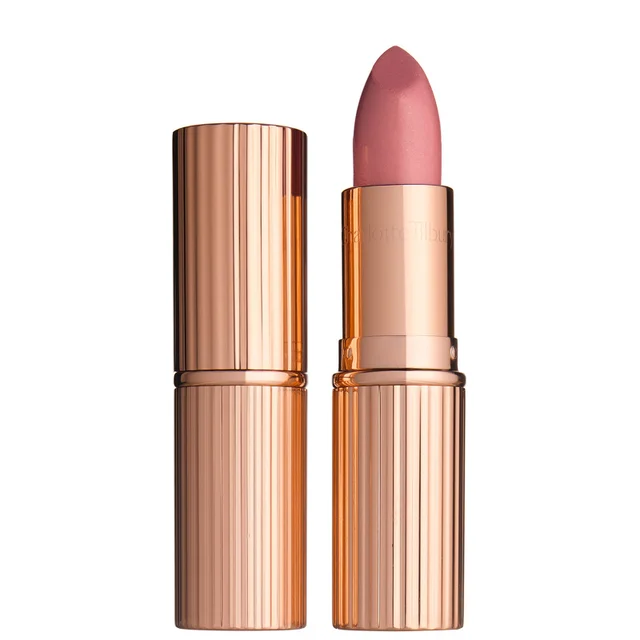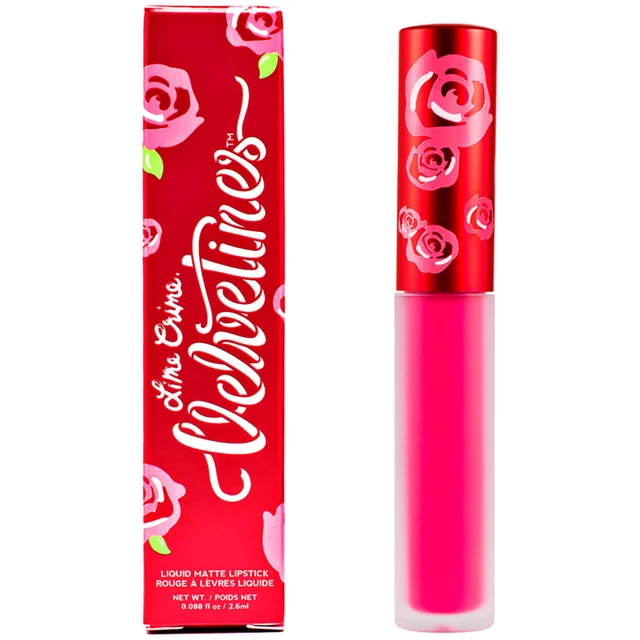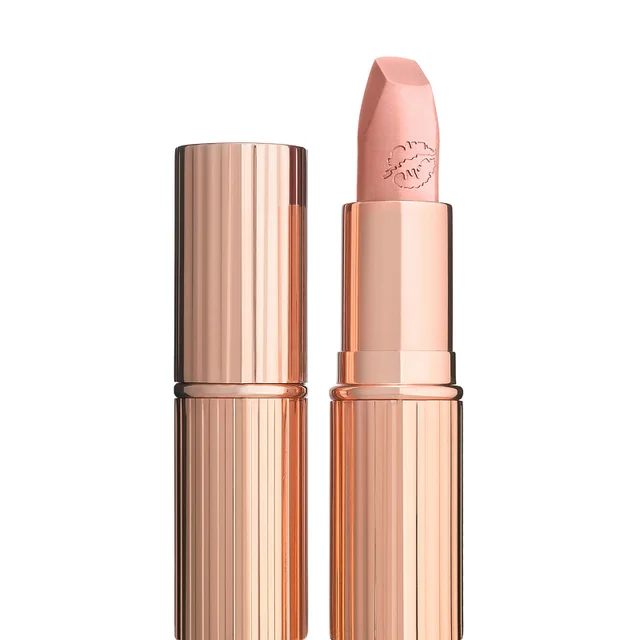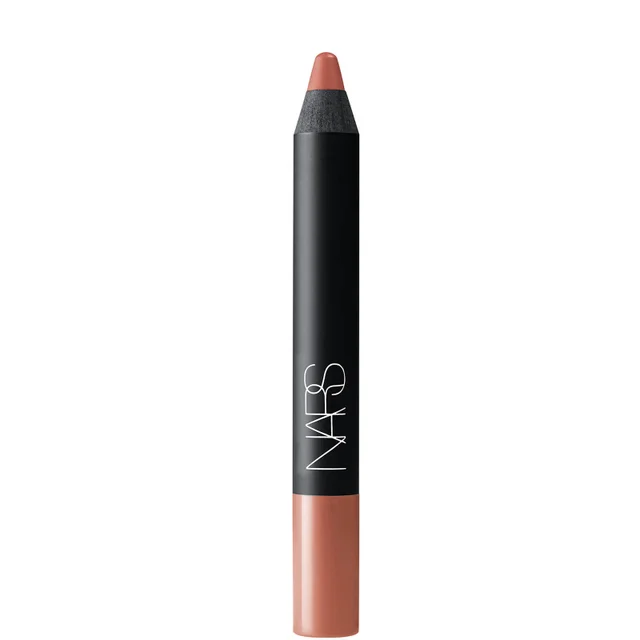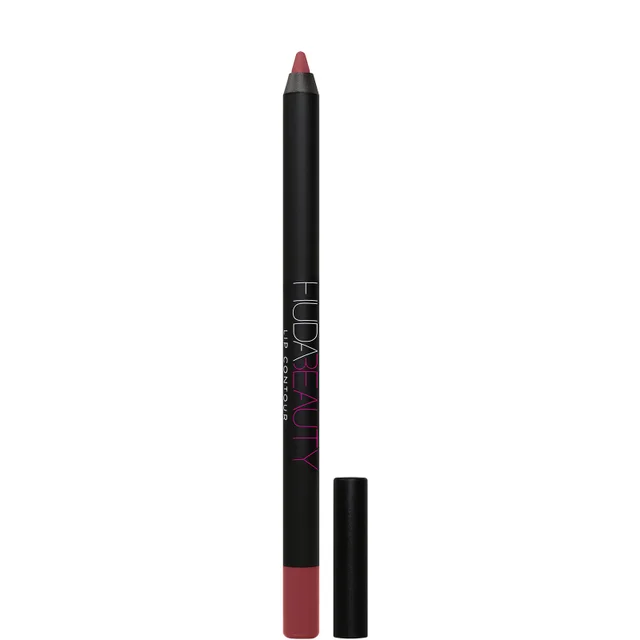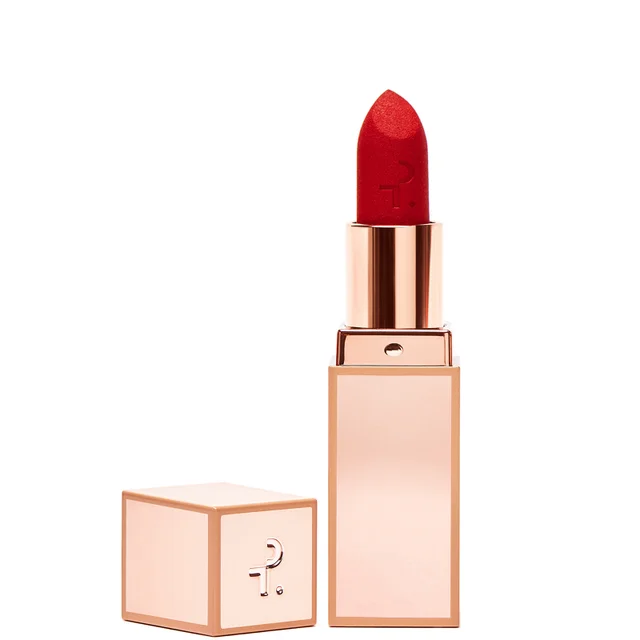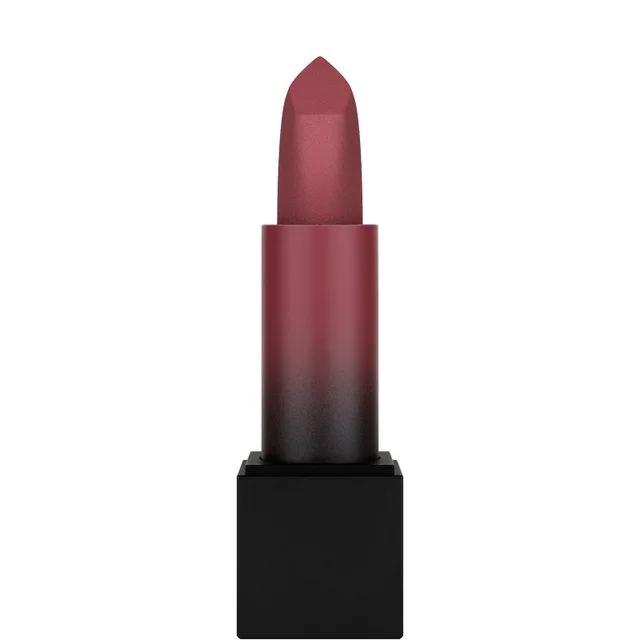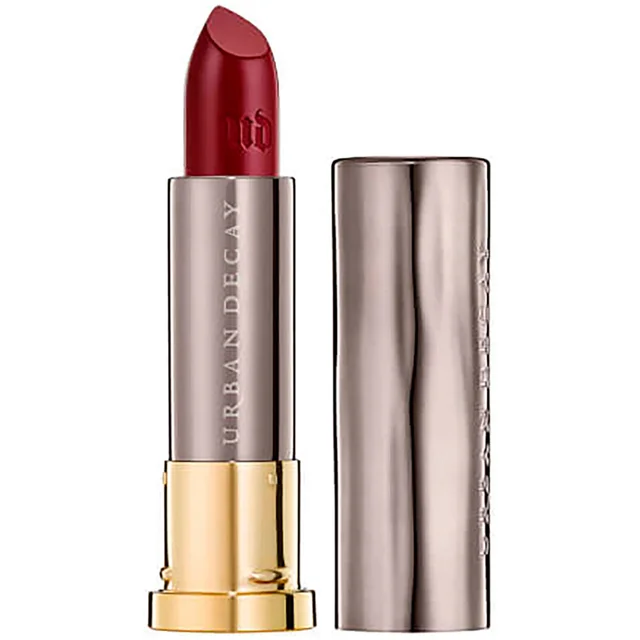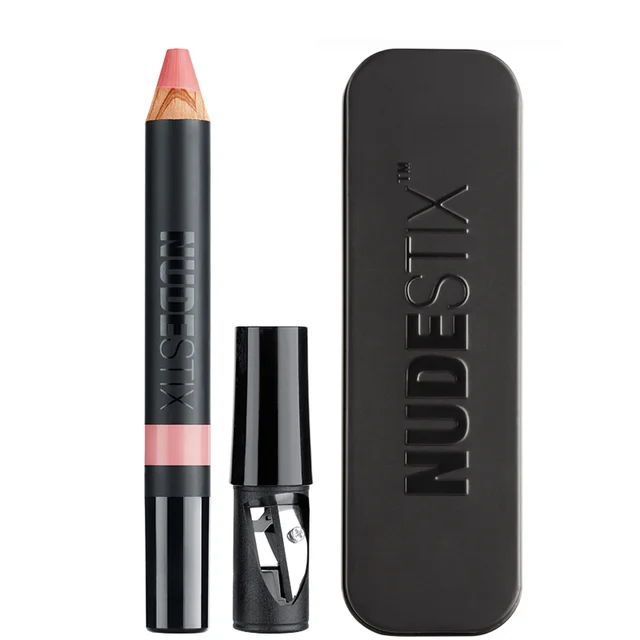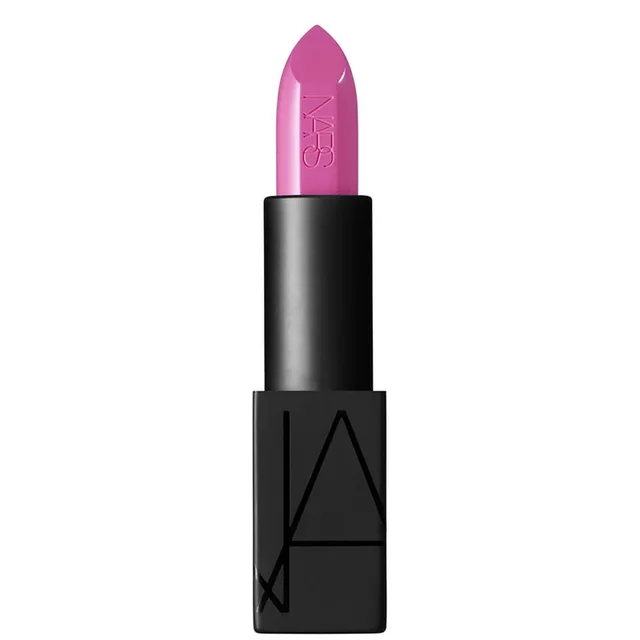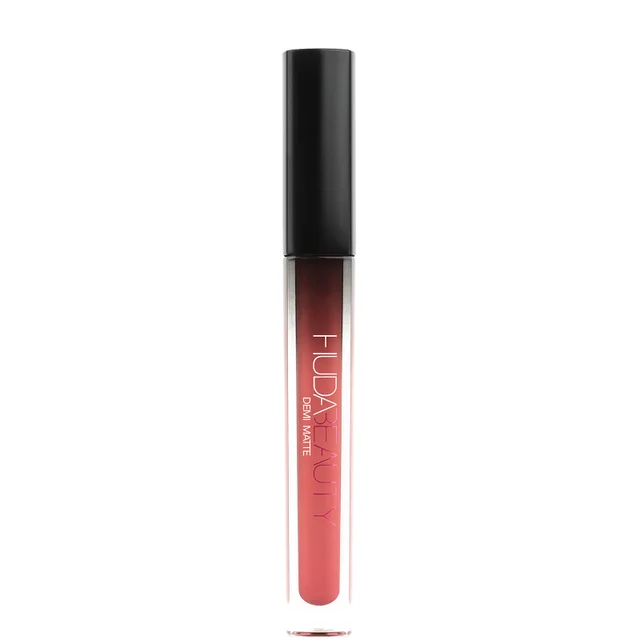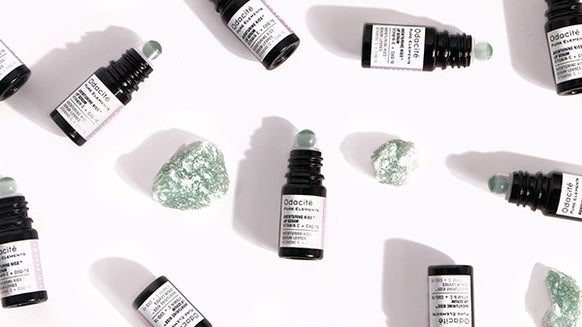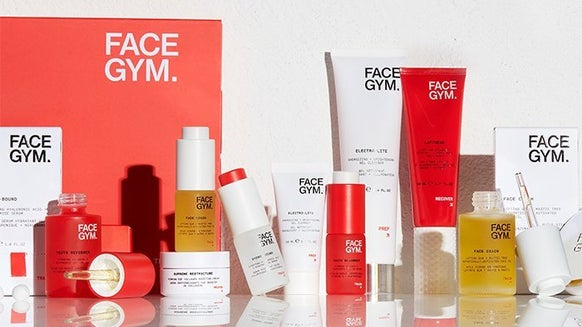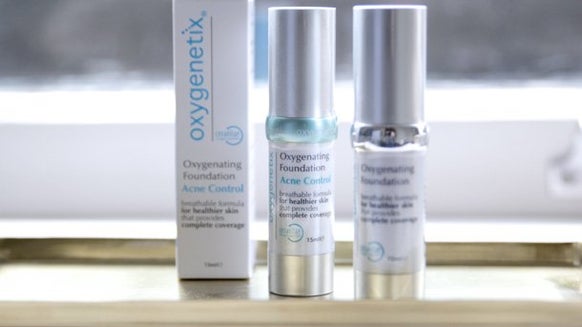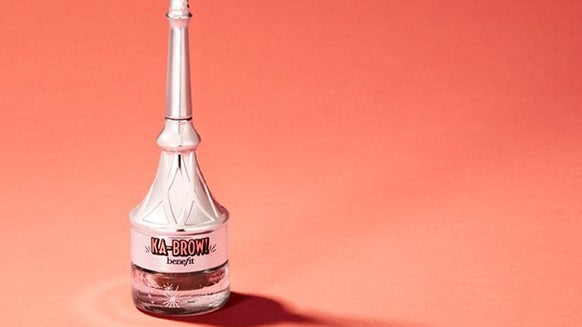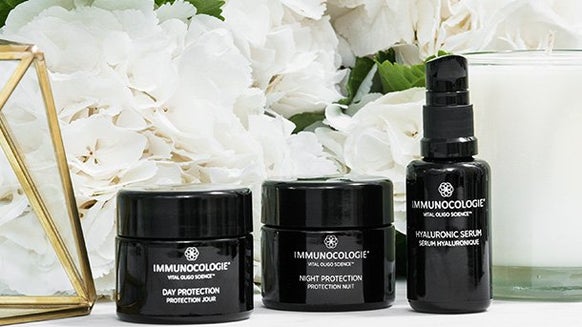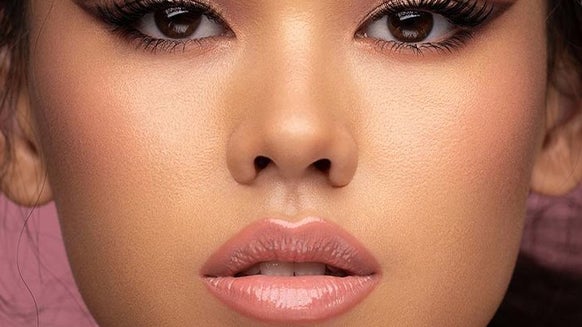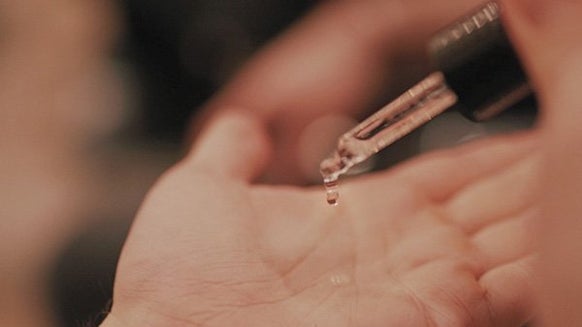A brief (and interesting!) history of lipstick
But how did this collective craze for lip-enhancement come about? Attention please class, it's time for a history lesson! We're talking you through the evolving - and frankly bizarre - attitudes towards an often-controversial make up must-have.
In the olden (olden) days, lipstick was a sign of social status due the high value of the dyes (just think how many ants you’d have to crush to paint your pout?). Originating in around 2500 B.C., ingredients ranged from lead to crocodile poo to sheep’s sweat (VOMIT EMOJI), with pigments coming from squashed carmine beetles. Indigo was also used by the Ancient Egyptians – we like the thought of Cleopatra as a punk (more Siouxsie Sioux, less Elizabeth Taylor)
Because the patriarchy has historically loved nothing more than lambasting women for their (lack of) choices, in 1650 parliament attempted to ban what they called ‘the vice of painting’ because, clearly all this lipstick application was a major threat. The bill was not passed but they still disapproved… giving side eye to all those who dared to daub.
And continuing in the same vein, lipstick has strong links with ‘dubious morals’ and, yep, witchcraft because a clever and/or pretty woman must have evil, magic powers and/or be a prostitute. In Ancient Greece, lipstick was a sign that you were ‘up for sale’, while those living in post-Elizabethan England risked being accused of ‘seduction’ or, simply called a witch (and promptly burned).
As recently as 1915, there were still those who wanted lipstick-wearing to be banned. In Kansas, a bill was put forward that would have made it an offence for women under 44 (huh?) to wear make up because it ‘gave a false impression’. Of course, because you Mr. Bill Maker were born with that weird wig.
Incidentally, it was in 1915 that the first twist-up lipstick tube came into being – and with it, a dramatic increase in its popularity. Adopted by Frida Kahlo, who used to smatter all her letters to Diego Rivera with kisses, lipstick was also seen as daring – and promptly embraced by a new breed of flappers and garçonnes, who bobbed their hair and cut up their corsets.
A bastion of femininity, Churchill chose not to ration lipstick manufacture during WWII, considering it a small but vital morale boost for women working in roles formerly reserved for men. It was during this time that lipstick became associated with a sense of power – as well as acting as a subtle ‘V’ for victory to Hitler.
Nowadays, having briefly been sidelined by {lip gloss}, bold, matte lipstick is having an overdue resurgence – with innovative textures, suede finishes and a spectrum of show-stopping colours on offer.
Maybe it’s due to the new wave of feminism, with women reclaiming their right to wear make up without being labelled a witch or a prostitute (how refreshing!), but there seems something very ‘right’ about lip colour’s second coming.
We’ll leave you with this quote from the afore-mentioned Ms. Taylor (who apparently loved red lipstick SO much that she demanded no-one else on set could wear it)…
“Pour yourself a drink, put on some lipstick and pull yourself together.” Pucker up...

Cult Beauty’s Content Editor and a Cult Beauty OG, Verity loves nothing more than the marriage of language and lip balm. A quintessential Libran, she’s a self-professed magpie for luxury ‘must-haves' and always pursuing the new and the niche — from the boujee-est skin care to cutting-edge tech. Balancing an urge to stop the clock with her desire to embrace the ageing process (and set a positive example for her daughter), Verity's a retinol obsessive and will gladly share her thoughts about the time-defying gadgets, masks and treatments worth the splurge...
